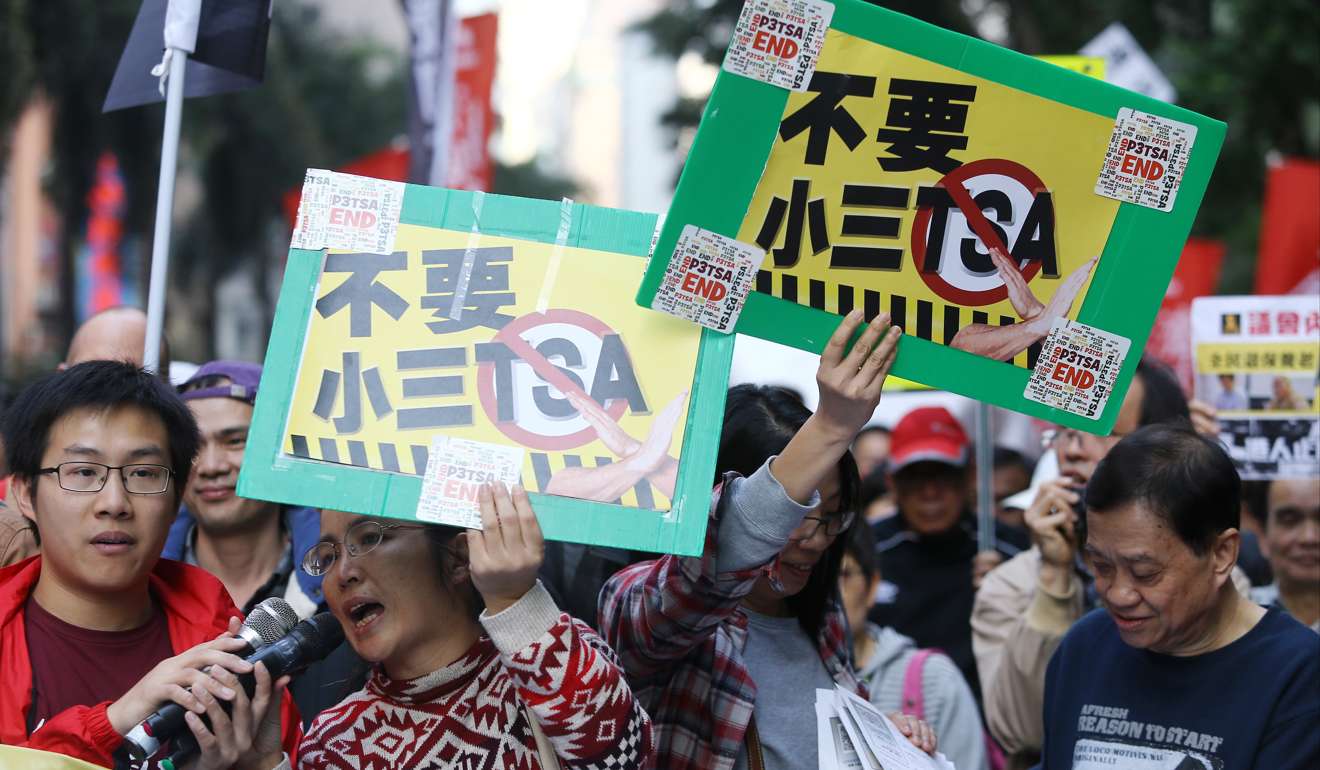
Testing times for Hong Kong’s controversial exam, despite government awarding itself a pass
Parents fear repetitive drilling exercises will continue and are calling for assessment to be scrapped while planning a citywide boycott
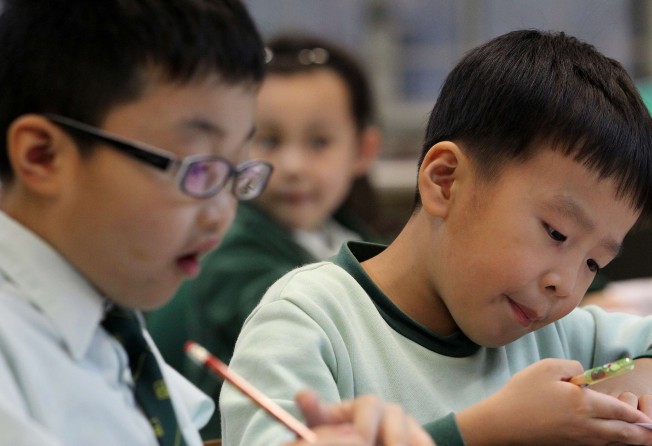
With revised test papers being less severe and a trial lauded a success, the initial conclusion from officials is that the revamped Territory-wide System Assessment (TSA) will reduce test anxiety for students, which prompted the government to announce that it will extend the controversial exam to all public schools this year.
On paper it would seem that the government has produced shining results after more than a year of review of the controversial assessment, but if we scratch below the surface, we will find a large number of highly disgruntled parents and educators.
They still fear that the angst from repetitive drilling exercises will remain as long as the test is being conducted, and hence have renewed their call for the assessment – set for May and June – to be scrapped while at the same time planning a citywide boycott.
Launched in 2004 by the Education Bureau, the TSA has been administered across the city at Primary Three, Primary Six and Secondary Three as an assessment for learning for Chinese language, English language and mathematics.

While originally designed as a tool to enhance learning and teaching by providing the government with data to review policies and schools with information about students’ specific academic competencies, the assessment, particularly that for the Primary Three level, has in recent years become notoriously synonymous with the immense pressure of the local education system.
Over the years, exam questions have become more difficult and trickier, leading to excessive drilling by schools and stress on primary children.
Following widespread calls for the test to be scrapped, the Primary Three TSA was suspended last year to facilitate a comprehensive review.
The review yielded positive results which included cutting the number of items assessed in the maths paper by about 20 per cent – and a trial of around 50 schools.
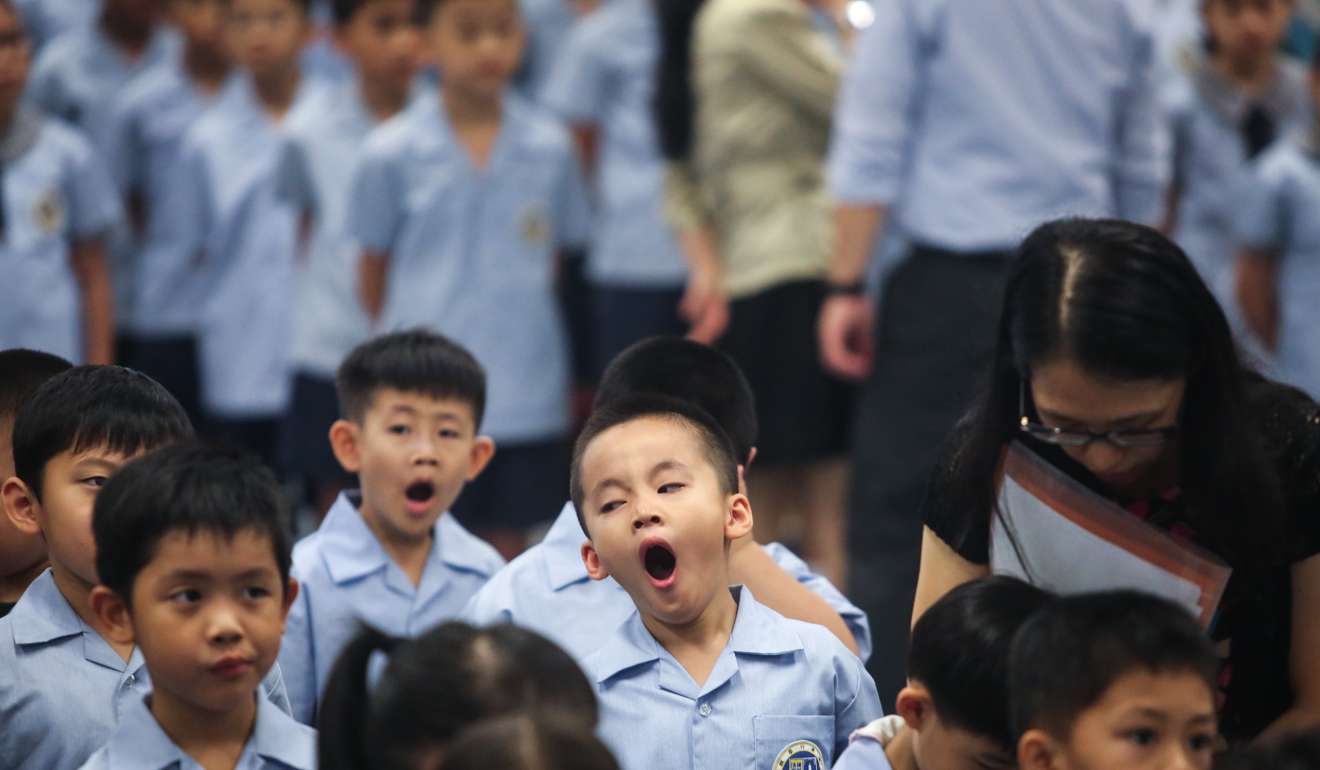
The review committee concluded that the revamped format would be less demanding and would therefore eliminate the incentive for over-drilling.
Based on the committee’s recommendations, the bureau announced in January that all Primary Three students at local schools would have to take part in a new exam called the Basic Competency Assessment (BCA) research study this year.
While the bureau insisted that it was different from the TSA, detractors have dismissed the explanation as just a play on words and, in reality, it would not discourage schools from over-drilling students for the test.
Annie Cheung Yim-shuen, spokeswoman of concern group Parents Alliance, said some parents found their children being given TSA homework and received notices regarding their children having to stay behind after school for TSA practices.
A study conducted byeducation sector lawmaker Ip Kin-yuen released last year found that a simplified TSA format would not eliminate drilling as long as the test continued to be used to rank schools.
A senior teacher at a Kowloon public school who wished to stay anonymous told the Post that an Education Bureau officer visited his school about eight to 10 years ago to warn senior staff about the school’s low TSA scores and its low student intake. Thereafter, teachers were pressured by the principal to deliver better TSA results through drilling students.
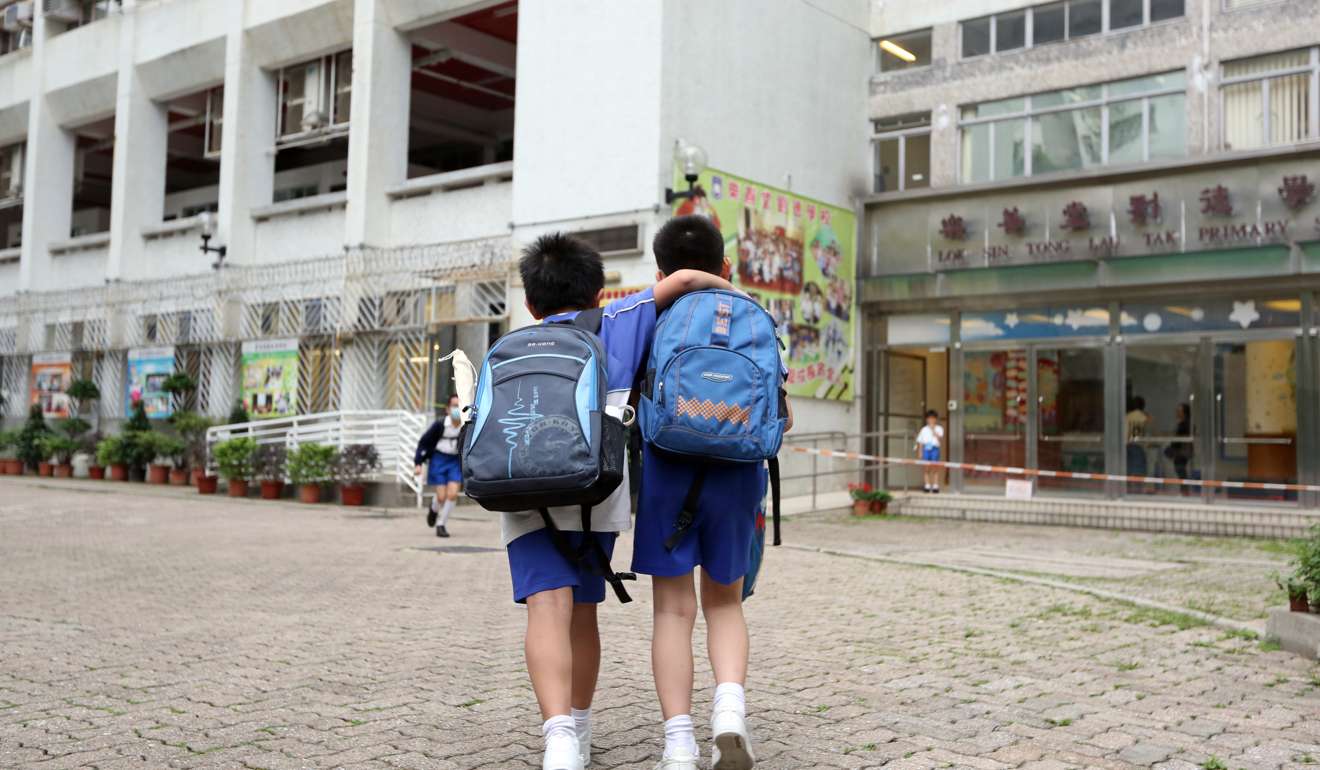
The bureau has repeatedly denied similar claims over the years.
Many believe the assessment has ironically compromised the quality of education.
Cheung Fu-wing, a primary school English teacher for 20 years, said that his school’s curricula had become increasingly exam-oriented over the years in order to train students to do well in TSA.
We used to have skit performances to hone their language and communications skills
“In the past, we used to have activities such as skit performances and assignments such as book reviews to hone their language and communication skills,” he said.
“Nowadays, students don’t really read story books anymore, but they have to learn how to read coupons and notices, which is one of the things being tested in TSA. They will end up gaining techniques to do well in TSA at the expense of enriching their language skills,” he lamented.
Dr Yan Zi, assistant professor at the Education University’s department of curriculum and instruction, believes that stress associated with TSA was inevitable due to the fact that drilling is useful for enhancing short-term examination scores that are valued by the society.
He added a similar assessment exists in South Korea, which also puts a lot of pressure on students.
“I don’t think the issue is about [whether to have] TSA or not. It is the culture and this culture has led to generally high levels of achievement,” Professor David Carless from the University of Hong Kong’s faculty of education pointed out, adding other tests would also put pressure on students.
He attributed this mindset to the city’s Confucian-heritage culture, with parents having high expectations for the academic success of their offspring and the residual influence of the Chinese imperial examination system.
But both academics also pointed out the value of the test for the bureau and schools to understand student’s strength and weaknesses, adding the questions are of high quality and carefully designed.
While it is difficult to strike a balance between reaping the benefits of TSA while not exerting undue pressure on students, Dr Yan believes that it can be done if there could be a change in society’s mentality.
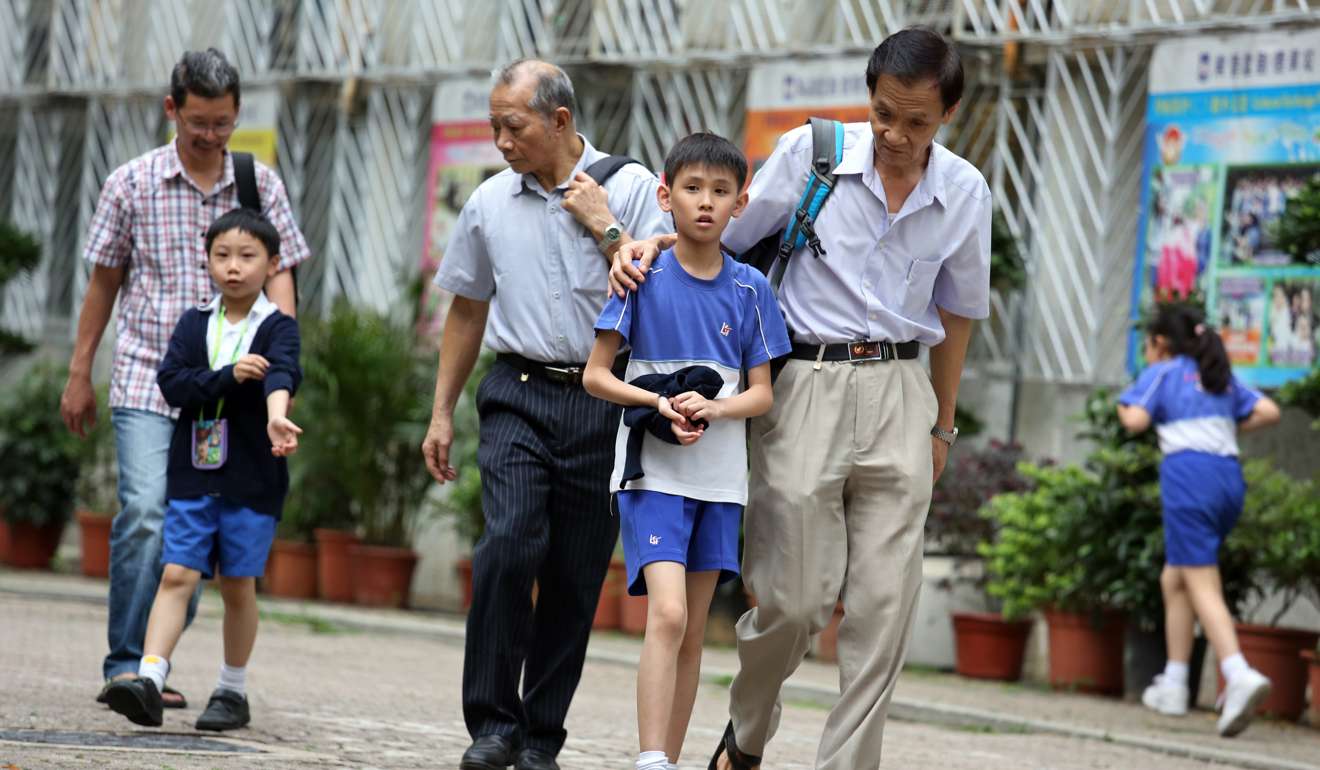
Professor Carless called for stakeholders to make better use of assessment information to improve learning instead of mainly focusing on the mark awarded. This can be done through bringing in expertise to analyse the results to make teaching plans with teachers.
With less than two months before the oral exam for TSA, Secretary for Education Eddie Ng Hak-kim recently announced that 500 schools across the city had arranged to participate in BCA. Those taking part include all public schools and around 20 private institutions.
If the school could choose between taking part [in BCA] or not, the school would not participate
But the Professional Teachers’ Union found out in a recent poll that one-third of the principals of local schools, including public schools, would not take part in the assessment.
Emmanuel Primary School, which refused to take part in the trial last year, explained in an internal notice to parents why it had a change of heart this year: “If the school could choose between taking part [in BCA] or not, the school would not participate; but if the school is being given no choice but to participate, the school will treat the issue with equanimity.”
After a series of futile talks with the government, some parents are taking matters into their own hands with plans for a mass boycott.
Cheung of Parents Alliance said it had received more than 800 letters of intent from parents indicating they would boycott the assessment, with most having children studying in Primary Three.
She suspects the reason behind the government’s reluctance to cancel Primary Three TSA/BCA this year is because it could open a can of worms.
“People might eventually ask: what about the TSA for Primary Six? Or perhaps some might even call for a review of the entire education system,” she said.